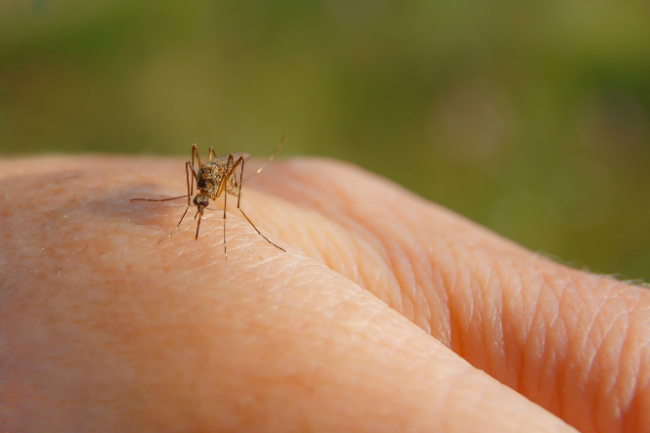Japanese encephalitis is caused by the Japanese encephalitis virus (JEV). The virus is spread by the bite of an infected mosquito and is more common in areas of increased mosquito activity such as parts of Asia and the Torres Strait region of Australia. 
Image: Canva
Most people infected with the JEV will not have symptoms, but on rare occasions it can result in severe disease and even death. It cannot be transmitted from human to human, or by eating meat from an infected animal.
Love our website? We do too. Did you know we're a charity? Donate now to help us keep it free for everyone in Aotearoa New Zealand.
Japanese encephalitis
Key points about Japanese encephalitis
- Japanese encephalitis is caused by the Japanese encephalitis virus, which is spread by the bite of an infected mosquito.
- It's more common in parts of Asia and the Torres Strait region of Australia, risk in Aotearoa New Zealand is low.
- Most people won't have symptoms, or have mild symptoms.
- Symptoms can include fever, headache, vomiting and mental status changes.
- If you think you're infected seek urgent medical help.

Most people infected with the JEV do not have symptoms, or have mild symptoms. Less than 1% of people infected with JEV develop symptoms of inflammation of the brain (encephalitis).
- In persons who develop symptoms, the incubation period (the time from infection until illness) is typically 5–15 days.
- The first symptoms often include fever, headache and vomiting.
- Mental status changes, disorientation, tremor, weakness, and movement disorders might develop over the next few days.
If you believe you may be infected with the Japanese encephalitis virus, seek urgent medical assistance.
Japanese encephalitis is confirmed through a combination of laboratory testing and clinical examination. If you think you may be infected with the Japanese encephalitis virus seek medical help urgently.
There are no treatments for Japanese encephalitis. You can relieve the symptoms by getting plenty of rest, drinking plenty of liquids and taking paracetamol for pain or fever.
In more severe cases, hospitalisation for supportive care and close observation may be needed.
There are 2 ways to prevent Japanese encephalitis:
- receiving a vaccination for the virus. Check with your local travel clinic if you need this vaccine before you travel.
- avoiding being bitten by mosquitos. Read more about insect repellents.
Countries in which Japanese encephalitis virus has been identified(external link) CDC, US
Japanese encephalitis(external link) CDC, US
References
- Japanese encephalitis(external link) Australian Government Department of Health
Credits: Healthify editorial team. Healthify is brought to you by Health Navigator Charitable Trust.
Page last updated:





